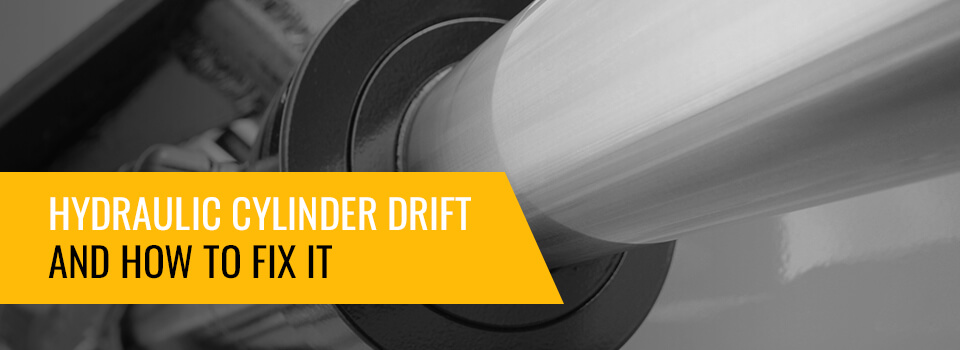Dman1981
Gold Member
- Joined
- Jul 28, 2023
- Messages
- 420
- Tractor
- Kubota bx2200
Path of leastSuppose that the cylinder is half way through its stroke and the piston is is somewhere near the center of the cylinder. The piston has a bum seal, so fluid can get past it, but fluid cannot get into or out of the cylinder because it is blocked by the loader valve being in the OFF position.
The thing to notice is that whatever oil is in the cylinder has nowhere to escape, and that the piston divides that fluid into two different volumes. The side with the ram in it has less fluid.
OK? Now what happens as the seal leaks or maybe we remove it altogether.
The cylinder can extend a little ways as fluid moves from the ram side past the damaged piston and into the new larger volume on the other side created as the cylinder extends. But the cylinder cannot ever compress, because to do that would mean oil on the large volume side would somehow be forced to occupy the smaller volume on the ram side. It is smaller on that side because the ram is already taking up part of the space, and we know that fluids don't compress. So seal or not, trapped oil can't move that way,
rScotty
Resistance no
Matter what is leaking it will still leak valving
Is not 100 percent so it will leak load check valve circuit relief valve
All
Leak to some degree
All my cats leaked down terex masseys kubotas if it doesn’t you are few and far in between
On warranty they actually have a test so many inches in so many minutes so there is always and allowable limit
That’s why I never stand under that **** without bracing

